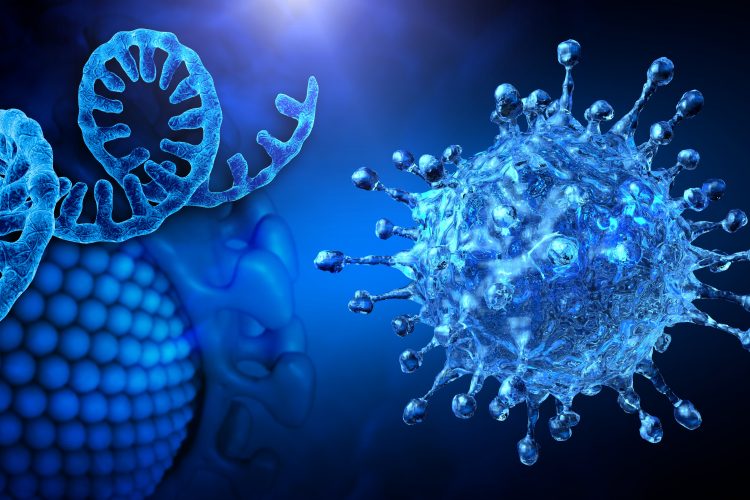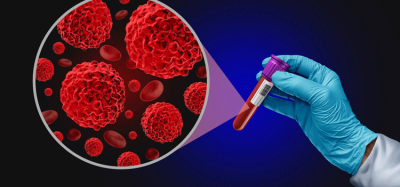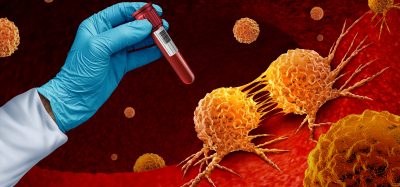Collaboration to identify novel COVID-19 drug targets announced
Posted: 30 April 2020 | Hannah Balfour (Drug Target Review) | No comments yet
Bringing together protein science, drug discovery experience and innovative technology, a new collaboration aims to identify novel drug targets for COVID-19.


Medicines Discovery Catapult, Retrogenix and Peak Proteins have announced they will collaborate to advance the understanding of how SARS-CoV-2, the coronavirus causing the global COVID-19 pandemic, infects cells. The team aim to uncover any unknown cellular receptors or binding proteins which could be targeted by COVID-19 therapeutics.
The group said they will combine protein science and drug discovery experience with innovative cellular microarray technology in order to identify targets for drug design or to guide drug repurposing efforts.
Jo Soden, Co-founder and Director at Retrogenix, said: “By screening against our unique library of human cell surface proteins, Retrogenix has previously been highly successful in identifying viral receptors. Using the same technology, we now have the perfect opportunity to search for new receptors for COVID-19.”
Mark Abbott, Chief Executive Officer of Peak Proteins, added: “The ability to rapidly produce and provide high quality COVID-19 proteins for use in key research activities has been really important to us. We are delighted to provide our protein production expertise and generate the tailored protein reagents needed for this project.”
Peter Simpson, Chief Scientific Officer of Medicines Discovery Catapult, concluded: “It is heartening to see the scientific and technical expertise of our three skilled organisations coming rapidly together to respond to this global health crisis.
Medicines Discovery Catapult has already established the Alderley Park Lighthouse Lab for large scale COVID-19 diagnostic testing and we are delighted to now provide scientific expertise for this collaborative project that will enhance understanding of COVID-19 and support the global challenge to find therapeutic opportunities.”
Related topics
Disease Research, Drug Discovery, Drug Repurposing, Drug Targets, Molecular Targets, Protein, Proteomics, Research & Development, Screening, Sequencing
Related conditions
Coronavirus, Covid-19
Related organisations
Medicines Discovery Catapult, Peak Proteins, Retrogenix
Related people
Jo Soden, Mark Abbott, Peter Simpson








